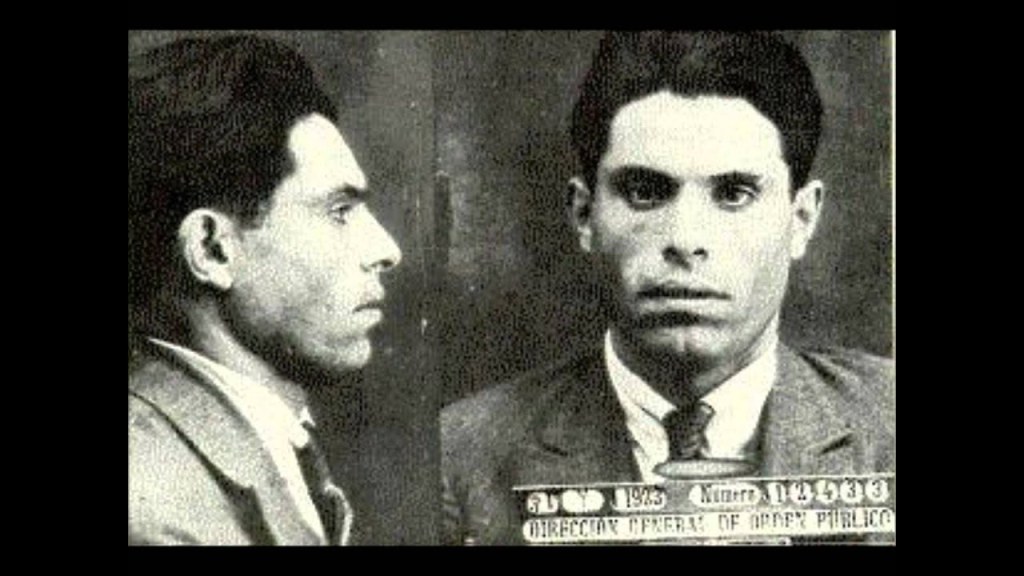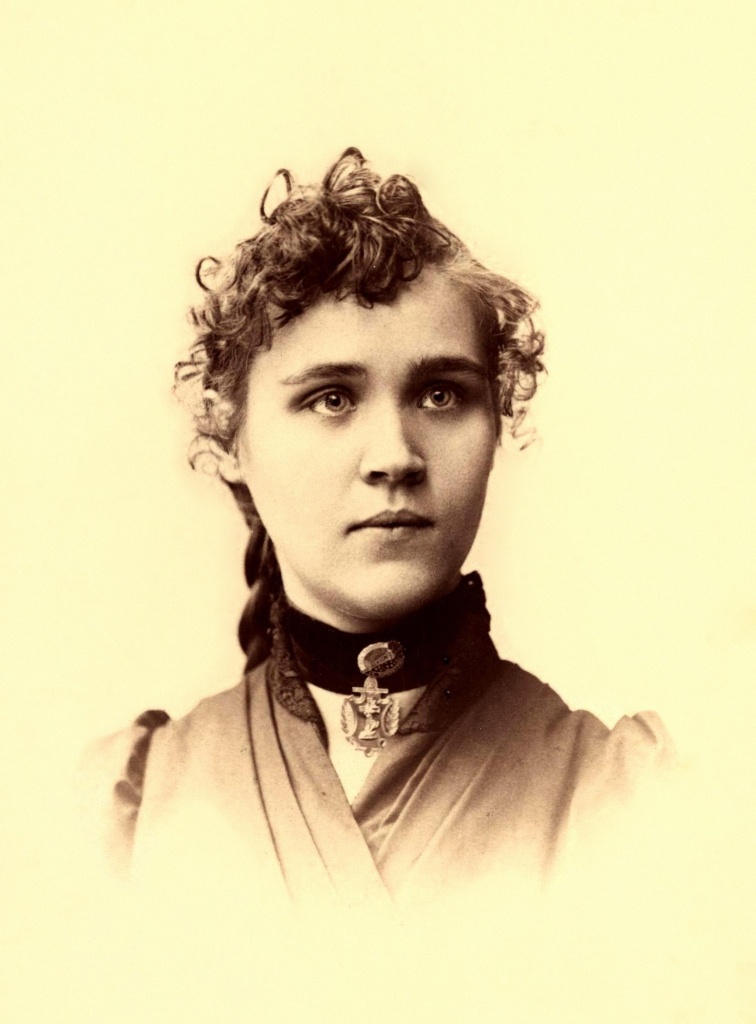- documentary in 3 parts directed by Ramonet (Tancrède)
- produced by Arte France and Temps Noir
This is the story of Anarchism. By going back over the key events of the last two centuries of social history, the series reveals, for the first time, the origins and destiny of a political trend that has been fighting all gods and all masters for over 150 years.
Who exactly are they? Where do those who have always called themselves anarchists come from and what is their line of thought? Why do we consider their thinking to be confused and their history such a cause for concern?
Featuring previously unseen and forgotten archive footage, in addition to outstanding documentation and accounts by world experts, this documentary series recounts the history of a movement that from Paris to New York, and from Tokyo to Buenos Aires, has constantly imbued the world with its freedom and revolt.
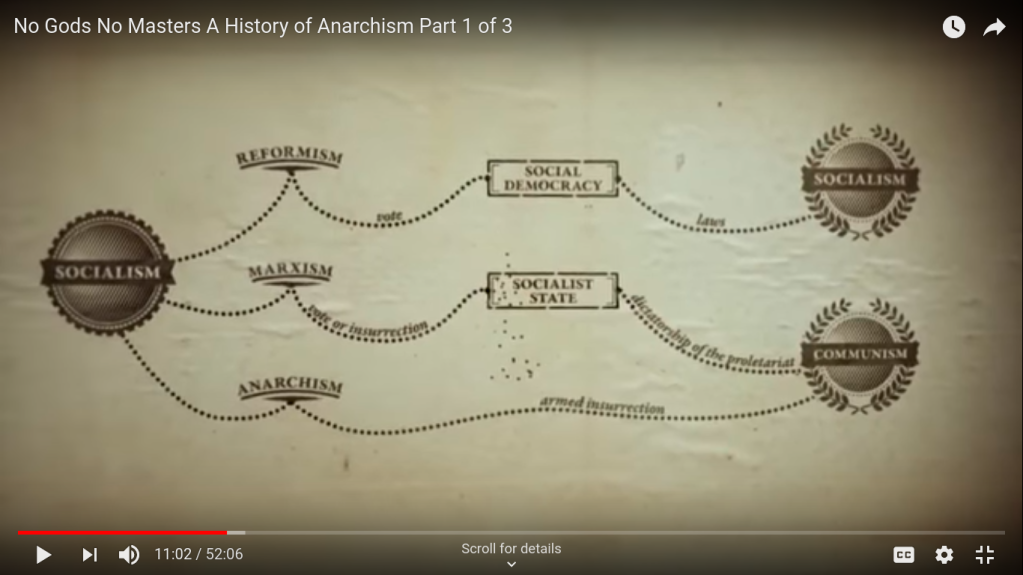
Long version in French NI DIEU NI MAITRE VERSION LONGUE COMPLETE 3h34
Episode 1 : PART ONE: THE PASSION FOR DESTRUCTION (1840-1906)
Episode 2 : PART TWO: LAND AND FREEDOM (1907-1921)
Episode 3 : PART THREE: IN MEMORY OF THE VAINQUISHED (1922-1945)
While not immediately visible, I’m sure the anarchist movement is always morphing, taking new forms in Romania and has recognized its own rich if misunderstood history. I am sure now it will be not as easily be transformed into a caricature and witch-hunt as during the 2008 NATO summit in Bucharest, when the majority of TV broadcasting channels immediately rallied behind the repressive powers of the Romanian government, castigating any anti-NATO peaceful protesters as suspicious troublemakers, intruders or labeling them as terrorists or trouble makers in the media.
It is by no means a homemade documentary, it is made with a budget and also uses a lot of visual documentary and archival material as well as historians and researchers. This is truly another history of known social movements, different from the history as written in manuals or thought at school by the liberal establishment, social democracy and one that clarifies its sometimes embittered relation with communist/Marxist tradition although always in conjunction and often intertwined with it. A history that has to be understood in its relations to the Marxist school of critical thought and to the larger Revolutionary movements worldwide such as the Mexican, the Russian Revolution, the Paris Commune or the Spanish Civil War.
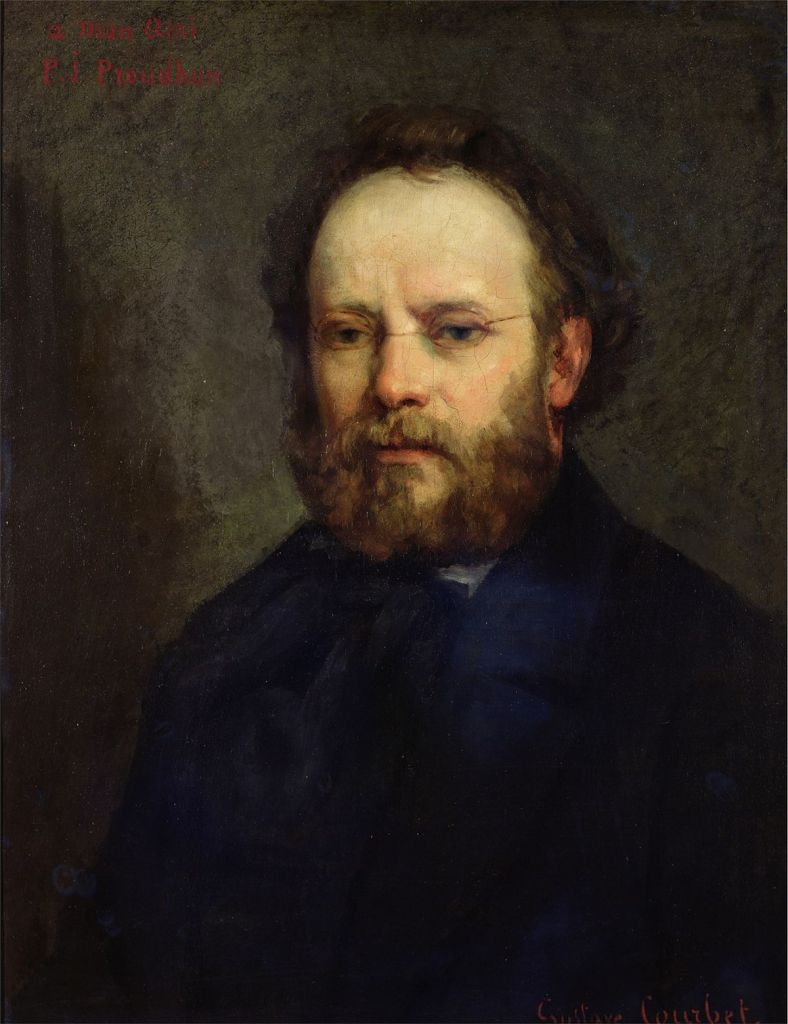
In an especially bitter chapter it is revisiting the anti anarchist reprisals in Soviet Russia against its former political allies, Russia being one of the historical hotbeds of world anarchism (Bakunin, Kropotkin etc). But it does not stop there – on a map one can see Anarchism springing up everywhere in Italy, Germany, South America, Australia, China, Japan, Eastern Europe (Bulgaria, Greece) etc It also gives examples about how much the monarchies and repressive governments of the world felt the anarchist threat – the very first terrorist movement of proportions using bombs and even cars in their exploits. Anarchists invented and experimented with both peaceful means as well as violent ones – propaganda by the deed. They responded to the brutality of police and the armed attacks against the striking masses.
There’s always difficulty to separate the ‘wrong’ from the righteous violence without enacting the policemen in your head, the white/paramilitary Boogaloo bois as bad actors or outside agitators infiltration from the protesters and looting sparked by the death of George Floyd in Minneapolis police custody. Although thconfusion and sometimes overlap, such divisions and labeling only plays into the hand of the sliding grip of ethno-nationalist state power that tries to outlaw Antifa in the US and brand as terrorist the black block. Instead of making a point about the bad apples a better point to make is about the persistence or concept of -propriety in the midst of looting by people who were propriety. Be it the Paris Commune or now during the welcome temporary abolition of property is this to be seen – only during such revolutionary upheavals the debt deeds are being burned, the paperwork goes up in flames and tehnocratic centers of command are being shaken.
In historical times tutorials with artisanal bombs in anarchist mags abounded and the assassinations of presidents and monarchs made them infamous, the Propaganda of the Deed drew both admiration & ire of the public. Interpol was basically founded to counter act the anarchist global threat as perceived during the 1890s. This was the first war on terror before the Bush retoric took it on again. The follow-up was always a regrouping from direction action into the fold of cooperatives and going one more time grassroots and trying to built things from base up.

It is also in my knowledge one of the first historical documentaries to accord such an importance to the Mexican Revolution as the first truly anarchist revolution as well as its relationship to Emiliano Zapata. This was also one of its biggest stumbling blocks – the suspicion, common to all world proletariat revolutions against the peasants leading the way, with the possible exception of the Maoist or Ho Chi Minh revolutionary struggles in Asia. Zapata and his peasant Christian anarchist troops got a cold welcome in the city.
Very important the early role of industrial city of Chicago in the early workers rights movement, a proletarian city par excellence, at the epicenter of railway and meat processing industry. Chicago was the place of the Haymarket affair and also had an incredible anarchist press largely conducted by immigrants (including esoterica Jewish Kabbalah bookshops according to Erik Davis), paving the way to the celebrations of the 1st of May.
It’s the best way to learn about the Internationalist dimensions of Anarchism, it’s past popularity and future promise, be it trough its magazines, newspapers and a lot lives lived fully by such historical figures such as:
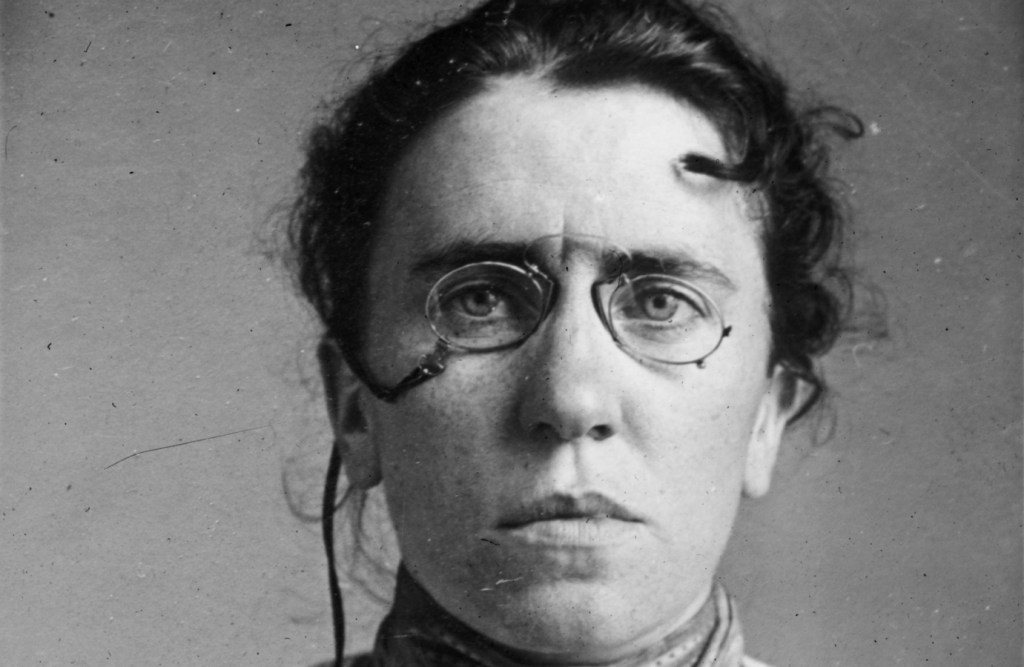
Emma Goldman, Voltairine de Cleyre, Peter Kropotkin, Pierre-Joseph Proudhon, Itō Noe, Ōsugi Sakae,
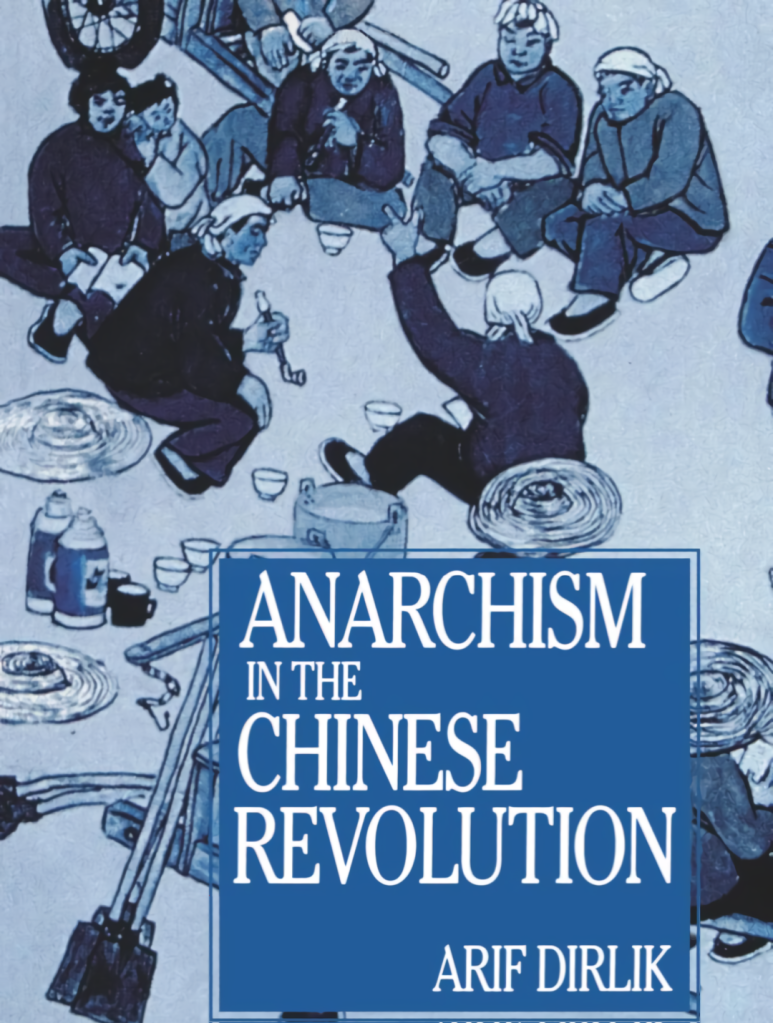
Liu Shifu, Li Shizeng, Sacco and Vanzetti, Ricardo Flores Magón, Buenaventura Durutti, Nestor Makhno and many others. Roughly it is the tumultuous, exalted, incredibly bloody and diverse history from 1840 to 1945 comprising all sort of directions, splinter groups and innovation brought by and with the help of anarchists, be it in the frame of collectivist, mutualist, Propaganda of the Deed, utopian socialism, libertarianism, radical individualism, anti-authoritarianism, nihilism, Russian nihilist movement, anarcho-primitivism, platformism, Christian anarchists, separation of state and church, atheism, eco-anarchism, anarcho-feminism or anarcho-syndicalism.
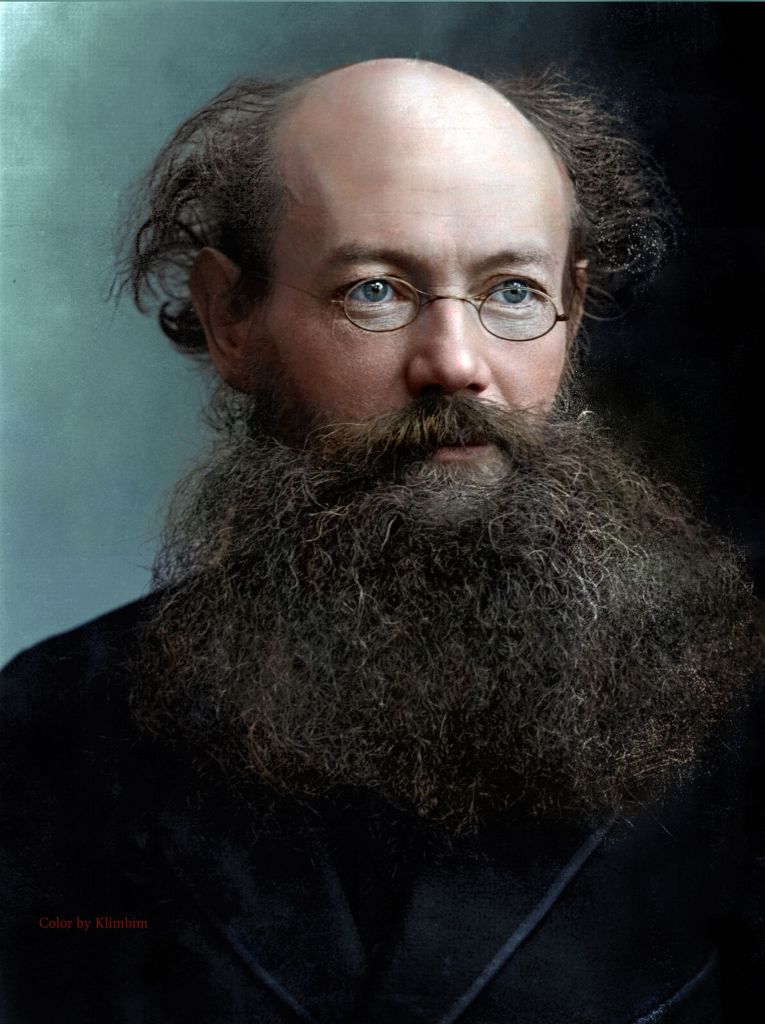
I am glad the current and future generation have this documentary to look and learn from. Although there is a lot of stuff happening after 1945 being also complicated by the rise of anarcho-capitalist direction (or coup – depending) lead by Murray Rothbard (1925-1995), but that I guess is the task of another documentary maker.
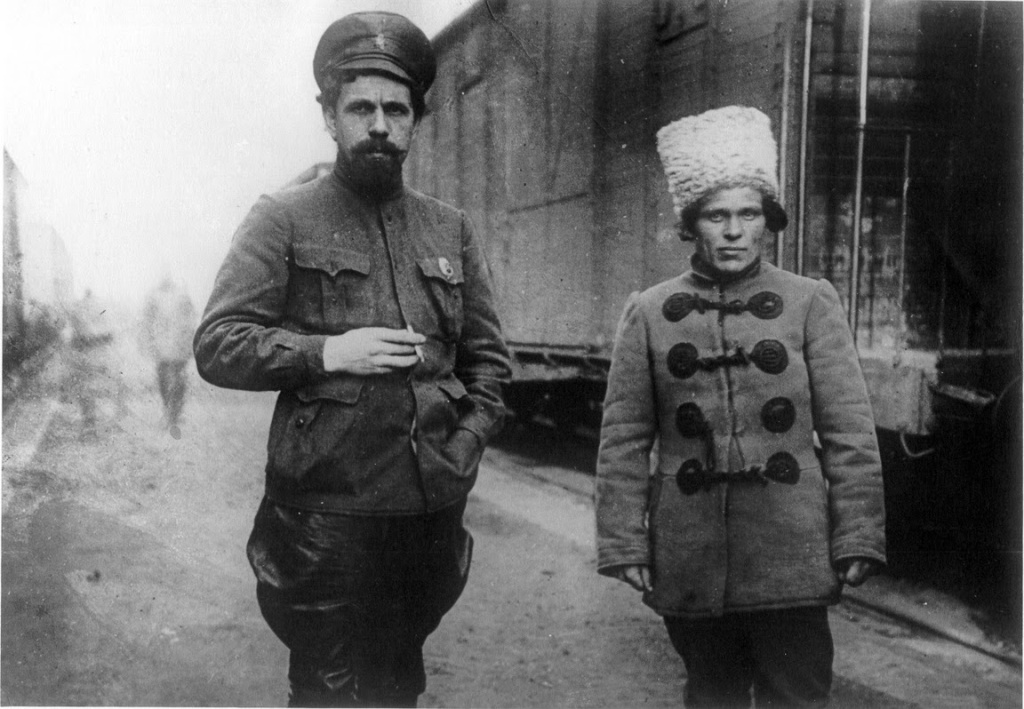
It is mind blowing to realize how wide spread or popular were these ideas around 1900, of gaining or loosing popularity, being transformed or playing a leading role in social movements and emancipatory avant-garde. Truly they are never disappeared and in a sense became permanent taken for granted nowdays. Even if somehow written from the end, these exceptions have never been forgotten, nor completly negated but integrated and absorbed into official history, while their initiators got mostly imprisoned or killed, it also remains a living proof that something like this existed and influenced the most basic things from the strike to the 8h working day or the weekend pause. All these examples of cooperative organization, labor movement, autonomy, of inventing and trying out alternative and experimental anti-authoritarian pedagogy models and lots of practical experiences and historical examples were basically preparing the entire society for a jump into an alternate, future post-capitalist world. Many thanks to Felix P for pointing it out to me.
